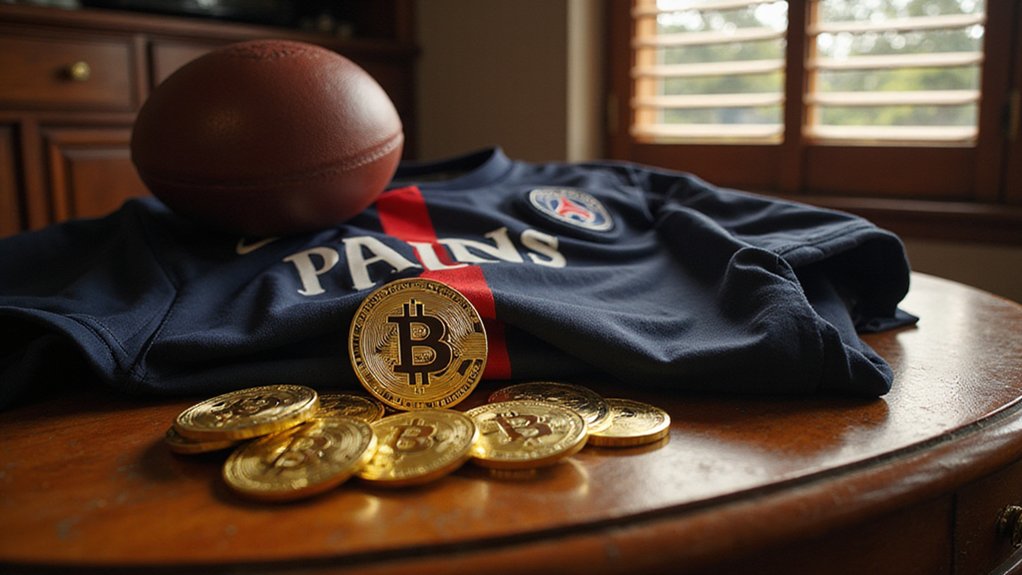In a move that would have seemed absurd to banking traditionalists just a decade ago, Sparkassen—Germany’s sprawling network of savings banks serving some 50 million retail customers—has announced plans to offer Bitcoin and Ethereum trading through its mobile applications by summer 2026.
The decision represents perhaps the most significant crypto adoption by any European traditional banking institution, dwarfing competitors who have consequently approached digital assets with the enthusiasm of a medieval monk encountering electricity. While DZ Bank collaborates with Stuttgart Stock Exchange for a 2025 rollout, Sparkassen’s massive customer base positions it to fundamentally reshape Germany’s retail crypto landscape.
Sparkassen’s crypto embrace dwarfs competitors who’ve approached digital assets with medieval monk-like reluctance toward modernity.
What makes this development particularly remarkable is the seamless integration strategy. Customers won’t endure additional identity verification beyond existing banking protocols—a revitalizing departure from the Byzantine onboarding processes that have plagued crypto exchanges. Funds remain within Sparkassen’s regulated ecosystem, providing institutional-grade security that crypto-only platforms struggle to match.
The technical architecture, in development since 2021, reflects careful consideration rather than hasty market chasing. Each of Sparkassen’s 370+ decentralized member banks must obtain regulatory approval from individual committees—a process that might seem cumbersome but guarantees thorough compliance with BaFin requirements. The group hasn’t yet decided whether to pursue its own custody license or partner with external providers, though either path maintains regulatory adherence.
This initiative emerges from competitive necessity as much as customer demand. Neobrokers like Trade Republic have already captured substantial retail crypto market share, forcing legacy institutions to innovate or risk obsolescence. Sparkassen’s bet is that customers prefer established banking relationships over flashy crypto-native platforms—a reasonable assumption given the sector’s volatility and regulatory uncertainty. Notably, this represents a complete reversal from the initial rejection of a crypto trading proposal that occurred just three years earlier.
The broader implications extend beyond Germany’s borders. Traditional European banks have largely treated cryptocurrency with skepticism bordering on disdain, yet Sparkassen’s commitment suggests institutional acceptance has reached a tipping point. The timing aligns with broader institutional adoption trends driving significant market growth across the cryptocurrency sector. Whether this proves prescient or premature depends largely on regulatory developments and customer adoption rates.
For now, Sparkassen has positioned itself ahead of major German competitors, none of whom offer retail crypto trading at comparable scale. The summer 2026 timeline provides adequate development cushion while maintaining competitive urgency—assuming, of course, that regulatory winds don’t shift dramatically in the interim.









